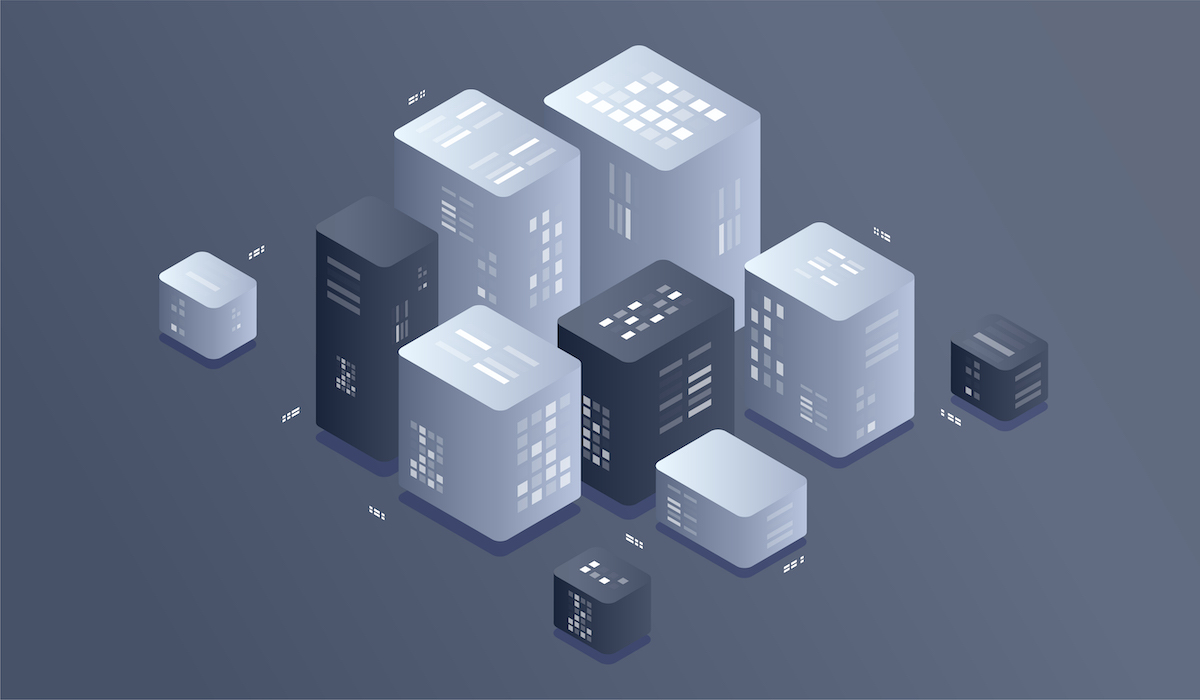Enabling Manufacturing Efficiency with MQTT and Sparkplug
Manufacturing processes are becoming increasingly complex, with multiple components and subsystems that need to work together seamlessly for optimal efficiency. In this context, MQTT (Message Queuing Telemetry Transport), an open-source protocol originally designed for remote oil well use cases with
11 Ways that MQTT Sparkplug can enable smart manufacturing
Today customers expect higher quality products, consistency in production, improved operating practices, stricter adherence to safety and environmental regulations, and customized products. Therefore, to remain competitive, manufacturers must meet these growing expectations by tapping into process data produced by their
[On-demand] MQTT and Sparkplug: Delivering Plug-and-Play Interoperability for IIoT
This on-demand video session provides an in-depth exploration of the benefits and key features of Sparkplug, an open-source specification that complements MQTT to provide plug-and-play interoperability for the Industrial Internet of Things (IIoT). The session covers how Sparkplug is a
Four Key Technological Considerations for Successful Deployment of Connected Car Services
Data powers connected car services. From helping engineers understand how vehicles perform, to enabling predictive maintenance, to providing customers with information like road and traffic conditions, data is at the core. As such, it must be available in the right
2023 Buyer’s Guide: MQTT Platforms
Over the past several years, we’ve seen unprecedented growth in the connected world and data-driven decision-making. Chances are you found this guide because you are trying to figure out how to effectively use data to build new connected products, achieve more
A Data-Driven Approach to Sustainability in Industry 4.0 Using MQTT
Industry 4.0 is ushering in a sustainable era leveraging digitization, artificial intelligence (AI), the Industrial Internet of Things (IIoT), and similar technologies. Sustainability is undoubtedly the way forward for a better future and a greener planet. But, can we achieve
IIoT Data Architecture Using MQTT and Kafka
What is IIoT Data architecture? IIoT data architecture refers to the structured framework and processes for handling data within an Industrial Internet of Things (IIoT) system. It involves the collection, storage, processing, and analysis of data generated by industrial devices and
Top 10 IoT Scalability Tests for an MQTT Broker
Many IoT applications begin with a small number of connected devices and then grow over time to a substantial number of devices. Therefore, it is important for organizations to understand how their IoT infrastructure will scale to handle an increase
Enabling Digital Transformation in the Hydrocarbon Processing Industry with MQTT
Over the years, Hydrocarbon Processing Industry (HPI) is being pushed towards sustainability and towards reduced dependency on fossil fuels given the global rise in energy prices and political uncertainties. COVID-19 has led to demand uncertainty and supply chain constraints. All











